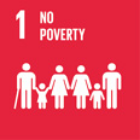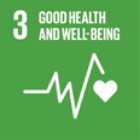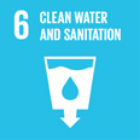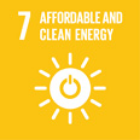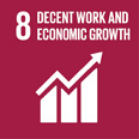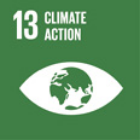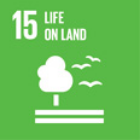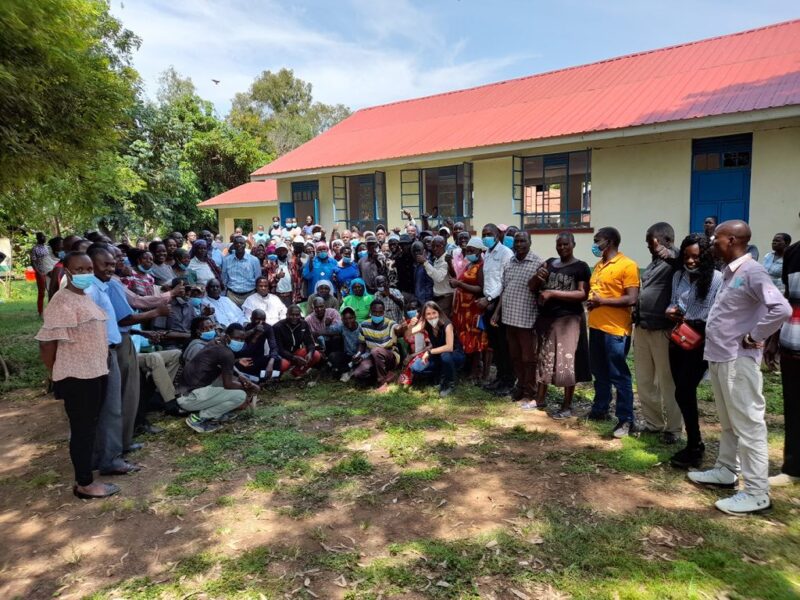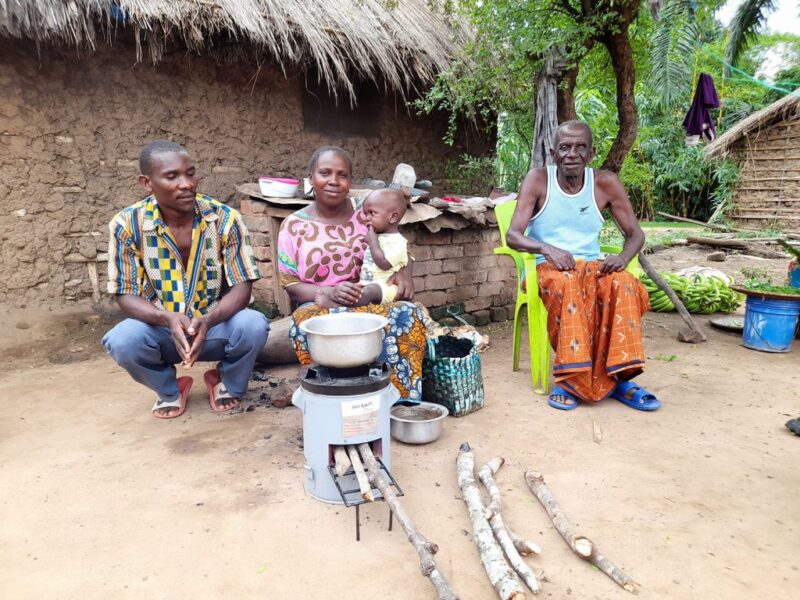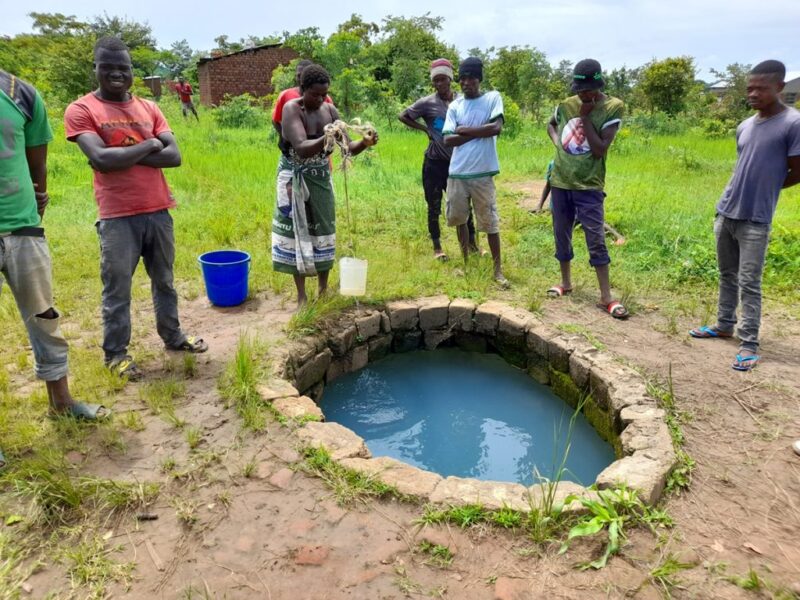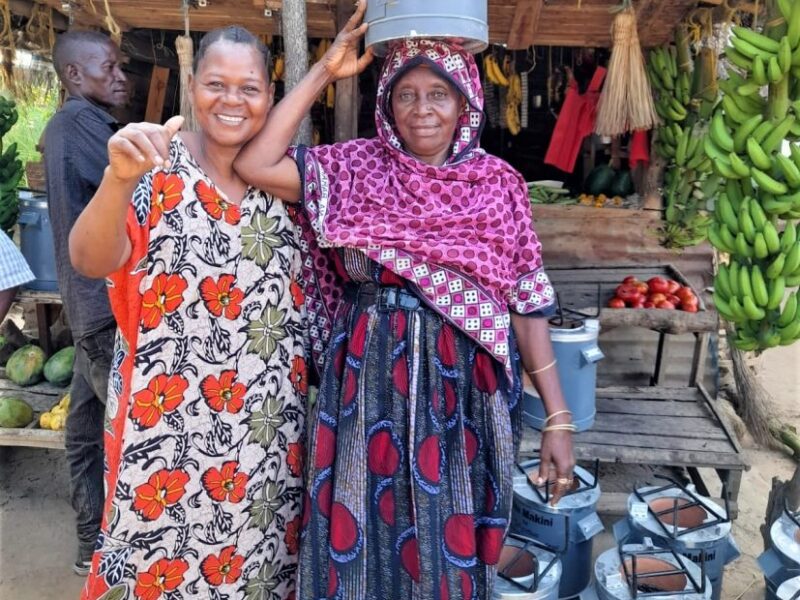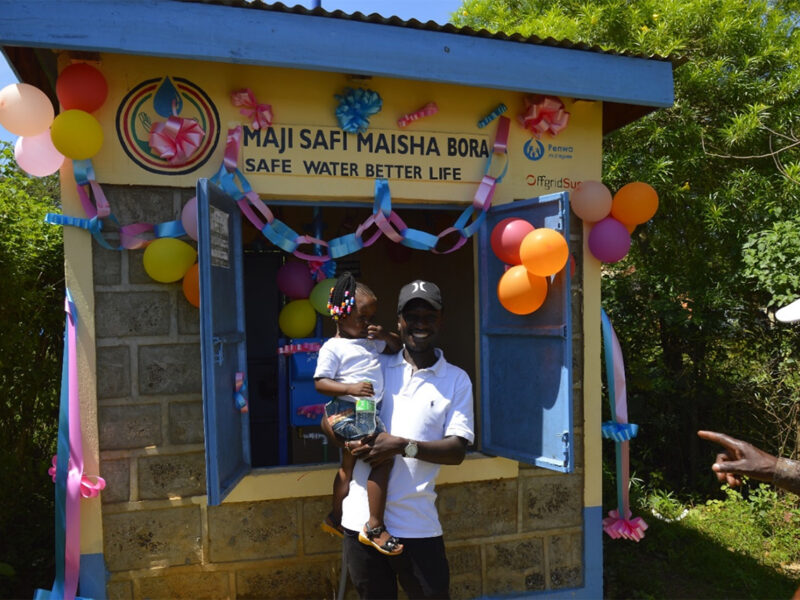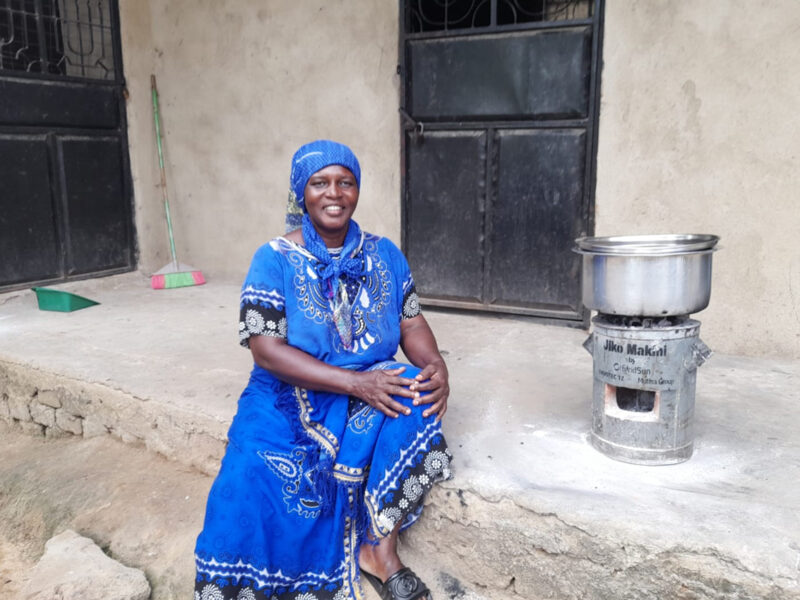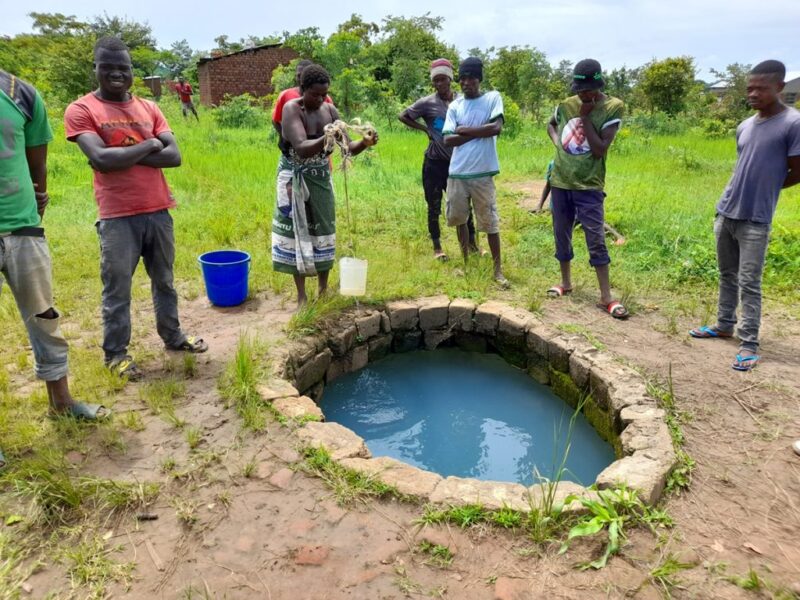Carbon credits
Crediti di carbonio certificati Gold Standard e senza intermediazioni per aziende carbon neutral
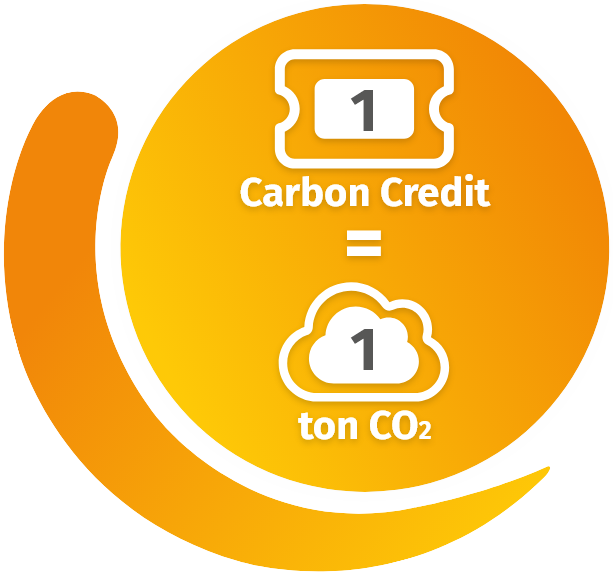
Nei territori dove da molti anni operavamo nel settore solare, dal 2020 abbiamo iniziato a sviluppare dei progetti che generano crediti di carbonio certificati GoldStandard.
MA COSA SONO I CREDITI DI CARBONIO?
È fondamentale capire che ci sono crediti di carbonio del mercato volontario (VCM) e quote di carbonio su un mercato d’obbligo (per esempio ETS in Europa). Sono due cose completamente diverse che condividono solo lo scopo ultimo di ridurre le emissioni. Quello che però i consumatori vedono più frequentemente è il credito VCM: per esempio, acquistando questi crediti alcune aziende di abbigliamento o del settore alimentare possono dire di essere “azienda carbon neutral“.
Essendo VOLONTARI, nessuno obbliga le aziende ad acquistarli. Un credito equivale ad una tonnellata di CO2 risparmiata o assorbita.
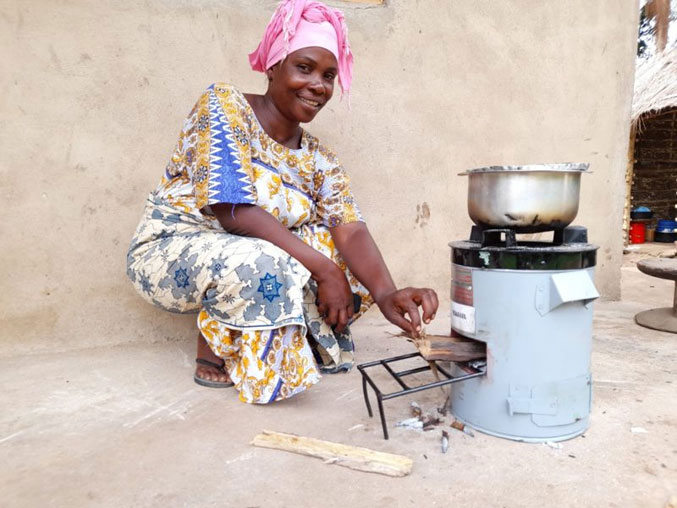
IL CONCETTO FONDAMENTALE è L’ADDIZIONALITA’!
La domanda essenziale da porsi, e che ci aiuta a capire l’essenza stessa dei crediti di carbonio, è: avremmo risparmiato quella CO2 senza costi sostenuti dalle aziende che acquistano i crediti?
Se la risposta è NO, allora il credito ha ragion d’essere, altrimenti è greenwashing.
Facciamo un esempio: la signora nella foto ha sempre cucinato mettendo una pentola sopra a 3 pietre.
Così bruciava, in modo inefficiente, una gran quantità di legna che si procurava abbattendo gli alberi attorno al suo villaggio.
Con una semplice stufetta, come quella in foto, può cucinare lo stesso cibo col 70% di legna in meno.
Lei però non può permettersi la stufetta perchè costa troppo.
Ma se arriva qualcuno, che gliela vende a un prezzo sottocosto, la usa e inizia a emettere meno CO2.
Acquistando i crediti di carbonio le aziende stanno sovvenzionando l’acquisto della stufa da parte della signora.
E in cambio ricevono un titolo astratto che è il credito di carbonio.
PER LE AZIENDE È MOLTO ONEROSO COMPRARE I CREDITI!
Ovvero, ha senso prima ridurre le proprie emissioni e solo alla fine acquistare dei crediti poiché i crediti di carbonio certificati hanno valenza annuale e ogni anno il contatore si azzera.
Per esempio se un’azienda si fa un impianto fotovoltaico questo produrrà un risparmio di CO2 per decenni. Il credito invece si esaurisce nel singolo anno e l’anno dopo si dovrà acquistare di nuovo.
DA CHI SI COMPRANO I CREDITI?
Ci sono varie entità che li vendono. E ci sono venditori furbastri come in ogni altro mercato: sta al cliente valutare. Proprio perché i crediti sono volontari e non soggetti a obblighi di legge (per ora!)
ora!)
La cosa più saggia sarebbe investire direttamente nei singoli progetti col supporto di uno sviluppatore, come OffgridSun, che si occuperà di tutti gli aspetti burocratici e dell’implementazione sul campo.
OffgridSun è infatti un’azienda italiana che si occupa dello sviluppo e gestione di progetti che generano Crediti di Carbonio certificati a livello internazionale grazie alla riqualificazione sociale ed ambientale di aree svantaggiate dell’Africa.
Sei intenzionato ad implementare nella tua azienda strategie di sostenibilità aziendale, volte al raggiungimento della Carbon Neutrality e/o la Net-Zero? Se sì, sei nel posto giusto!
Progetti che generano Crediti di Carbonio certificati
Arrivare a Net-Zero e Carbon Neutrality è possibile, basta volerlo
Come persone o come aziende dobbiamo impegnarci ogni giorno a ridurre le nostre emissioni di carbonio. Ad un certo punto, però, rimangono delle emissioni residue che si possono compensare coi nostri progetti che permettono di evitare le emissioni equivalenti in Africa. E così facendo, oltre che a ridurre la CO2, si migliorano le condizioni di vita di centinaia di migliaia di persone.
Per chi cerca crediti di carbonio, con il diretto contatto del progetto. In totale trasparenza
Per chi vuole assicurarsi un progetto completo per tutti gli anni a venire
Per le ONG che possono collaborare con noi e avere nuove risorse da mettere sul campo
Per chi vuole fare qualcosa di concreto. Non chiacchiere da greenwashing.
Sustainable Development GOALS
